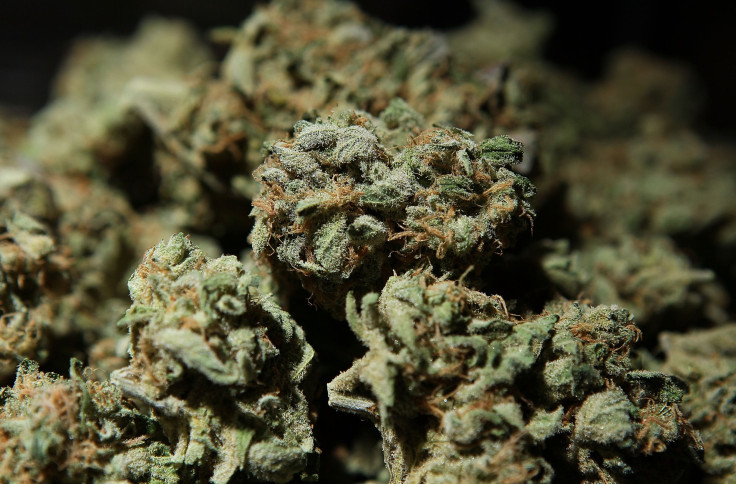Marijuana Ban ‘Unconstitutional’, Rules Mexican Supreme Court, Allows Recreational Cannabis Use

A blanket ban on the use of marijuana is “unconstitutional,” Mexican Supreme Court ruled Wednesday.
The country’s topmost court decided in favor of the use of recreational cannabis in two individual cases, ruling that state interference in the fundamental right to personal development of adults was not warranted. Nevertheless, the ruling also had a warning attached to it.
"That right is not absolute, and the consumption of certain substances may be regulated, but the effects provoked by marijuana do not justify an absolute prohibition of its consumption," the ruling added, the Huffington Post reported.
The complainants in the two separate cases were also ordered not to commercialize the use of marijuana or freely apply the right to use cannabis to other drugs. With that, the Federal Commission for the Protection Against Sanitary Risk was ordered by the court to authorize the complainants to use recreational weed.
While the Supreme Court’s decision did not legalize the use of marijuana across the nation, it did establish that all lower courts in the country must rule in favor of its recreational use as and when a case pertaining to the debate on cannabis is presented in front of the judicial system.
Prior to the two rulings Wednesday, three similar decisions were given by the Supreme Court between 2015 and 2017, resulting in the minimum limitation needed to create jurisprudence, which is the establishment of a precedent that other courts in Mexico are mandated to follow.
"With the existence of five precedents in the same vein on the subject, the judgment will be mandatory for all courts in the country," the topmost court concluded.
Fernando Belaunzaran, a member of the opposition leftist Party of the Democratic Revolution (PRD) and an advocate of drug reform, touted the Supreme Court’s decision. “This is a historic day,” he said, adding the Congress would have to act to regulate the use of marijuana in Mexico.
Lisa Sanchez, the director general of Mexico United Against Crime, a group that opposes prohibitionist drug policies, also echoed Belaunzaran’s thoughts. "The Supreme Court has done its job. The responsibility for issuing the corresponding regulation falls on Congress," she said, ABC News reported.
The group said Supreme Court’s latest decision opened “the door to regulation of cannabis” and hence, “Mexico must move toward the regulation of drugs to improve conditions of justice and peace in the country.”
The ruling came after a number of members of the incoming administration of President-elect Andres Manuel Lopez Obrador said they will take steps to legalize marijuana across Mexico as quickly as possible in their bid to fight poverty and crime.
On Oct. 17, Canada became the second country to legalize the use of cannabis, the first one being Uruguay in 2013. The rules on the consumption of marijuana have been decriminalized in countries such as Czech Republic, Switzerland, North Korea, Argentina and Jamaica, although commercial cultivation and sale of cannabis is still strictly forbidden in these countries. In the United States, 29 states have legalized medical marijuana so far, with California being the first one to do so in 1996.
© Copyright IBTimes 2024. All rights reserved.






















